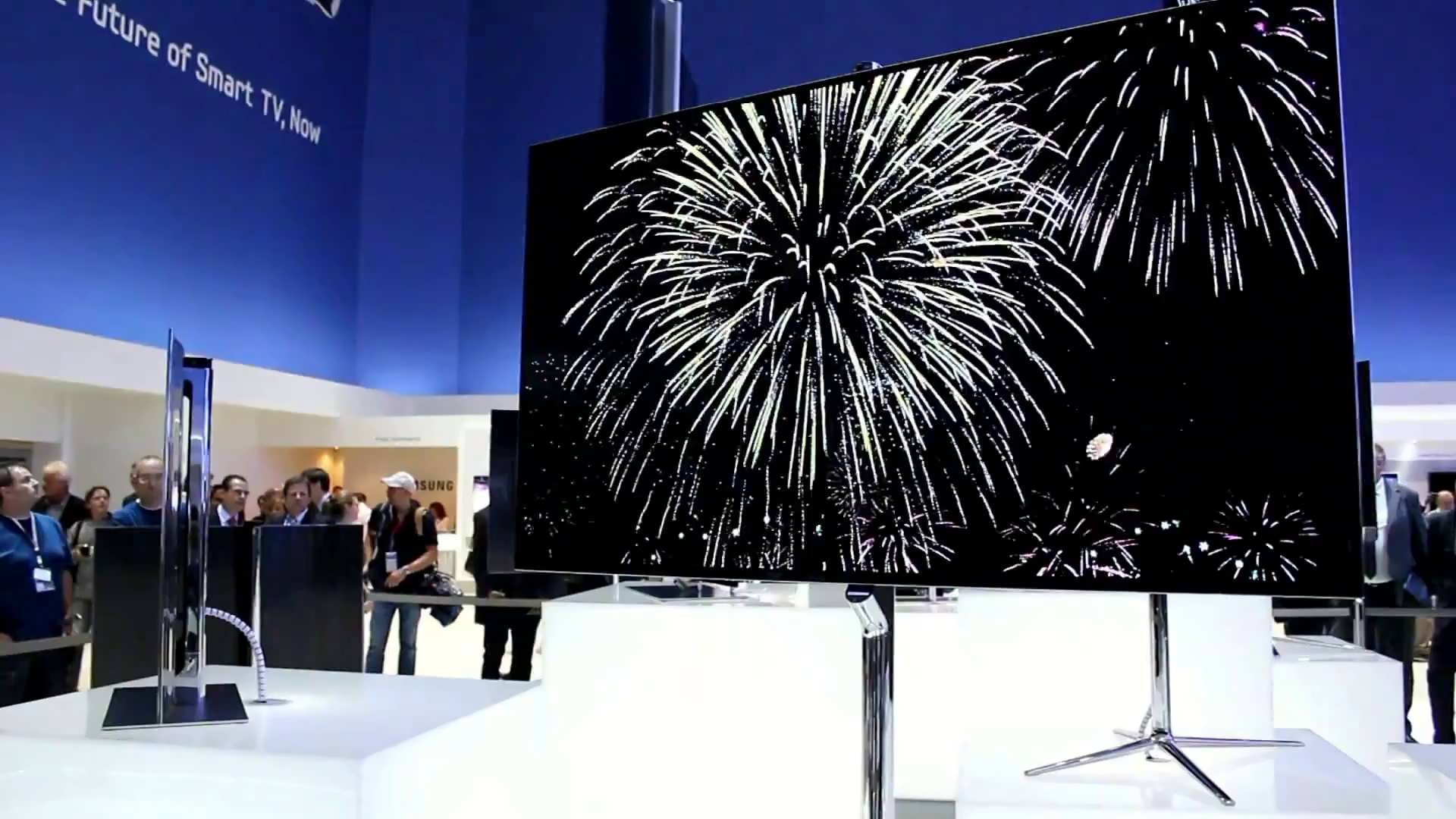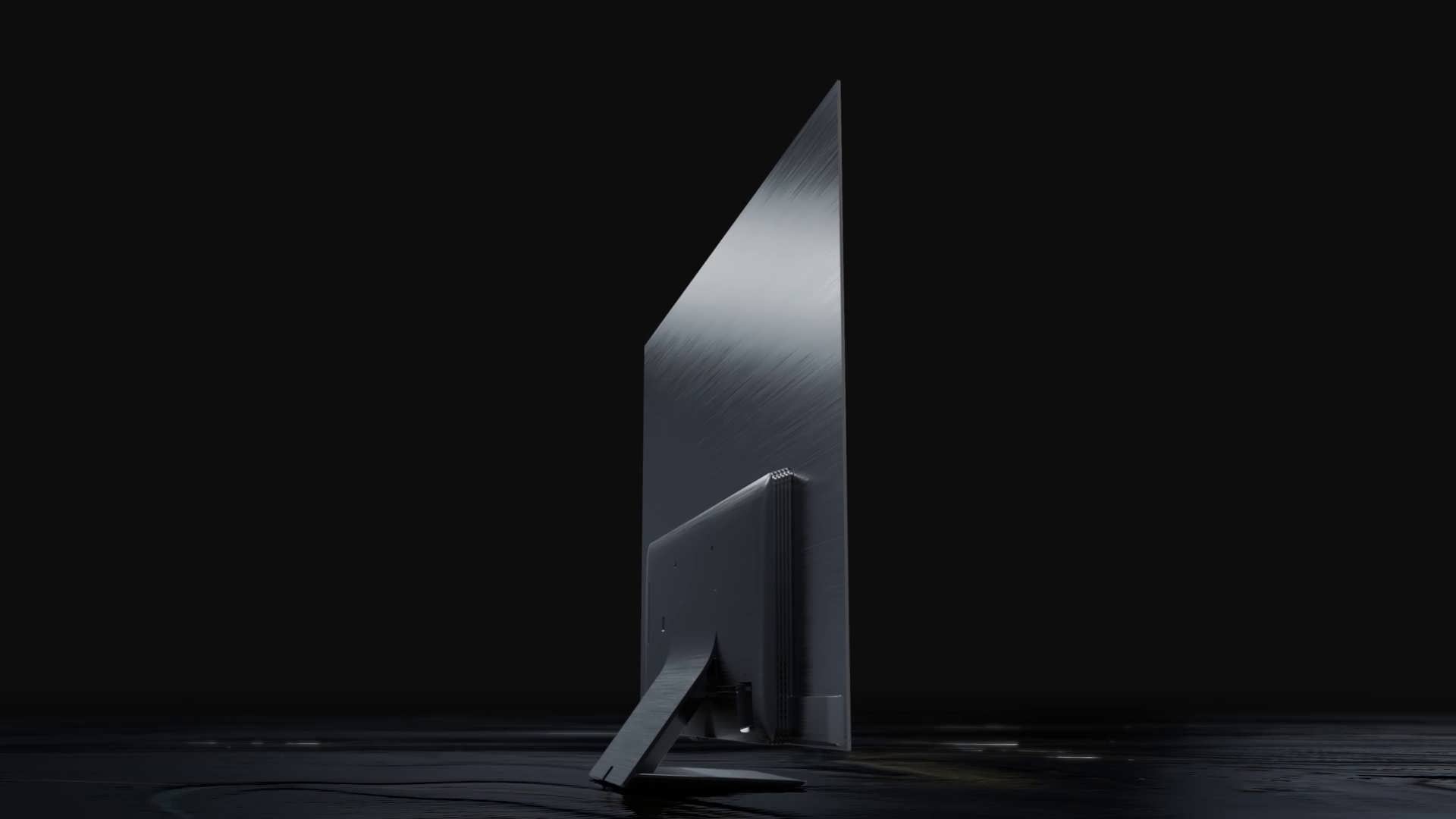It’s amazing that almost 10 years ago, in 2012 samsung introduced first oled tv and promised bright future of the oled tech, im talking about the legendary es9500 which was a marvel at the time, but after first demonstration everything became quiet and we haven’t heard about oled tvs from samsung until the recently released new generation with very similar yet slightly shorter name s95 and later s90 and , so this tv could be game changer after so many years or is it just safe to say that samsung finally invented burn proof oled, which offer better picture quality than oled tv from lg and other companies. its interesting how samsung on other side embraced amoled screen technology over the years for phones.
I’ve had the chance to really get down to the basic facts and figure out all the things that make oled good and all the things that make it not so good. its interesting how samsung after being one of first to introduce it on the tv and then take one step back, but on other hand its amo led business thrived with smartphones years before 2012 and after, so it strange how such a big company with are their assets could do better in this situation, after all it has more than enough time to improve oled disadvantages, unless its not worth it, so they introduced qled or very bright and colorful led, while this tech had many advantages over oled, it still could compete in terms of deeper black levels and contrast of oled.
Instead they invest enormous resources to improve local dimming led screens with impressive names like mini and qled and try the best to convince everybody that oled is not the best screen for tvs. And now after all these years we have hidden introduction of the new oled tv line, which is results of combining the best of qled tech in to the oled with technical name qd oled, if you wonder if is to long name, yes it is so that’s why its called oled samsung tv, but nevertheless it’s still different oled beast inside so, samsung deserves credits here. finally it has their own oled TVs so it doesn’t need to borrow anything from lgs oled tech.
In 2023 samsung also unveiled the next gen micro led screen for mass production, which could finally beat oled on all sides, so micro led has the best black levels, brightness and superb colors. this is simply one of Samsung’s best tv screens ever made and it also allows you to easily combine more micro led panels together, so now you can have a full wall tv experience. The only downside is expectedly extreme price so that it will be more suitable for business use and of course for luxury homes.
As latest reports suggest, classic oled screens will be eventually replaced with quantum dot oled, because quantum dot oled is more energy efficient and has longer lifespan, thanks to the more efficient color filtering and less pixel wearout. It makes it feel like Samsung finally plucked great features from their top-end tech screens and just slapped it on their oled tvs. 2023 started to be interesting year with introduction of samsung S90C series qn oled tv, which have an even faster picture processors than 2022 s95b series. It will be interesting to see lgs answer to the qd oled and will the table of oled domination turned to the samsung direction this time or will lgs latest ex oled type technology safe the day with its 30% brightness boost.
You might be wondering if other major suppliers of OLED tvs have something comparable or better to compete with samsung super qn oled tvs. In 2023 Hisense presented their new mini led tvs and they have better contrast than led tv, while they still don’t have infinity contrast like oled or micro led. There are still some fascinating names on the tv market like laser tv, but those are still projectors and they cannot compete with led TVs in daylight. The real question here is How long will it take microled to become mainstream and will it eventually replace led technology in terms of price and quality.


















